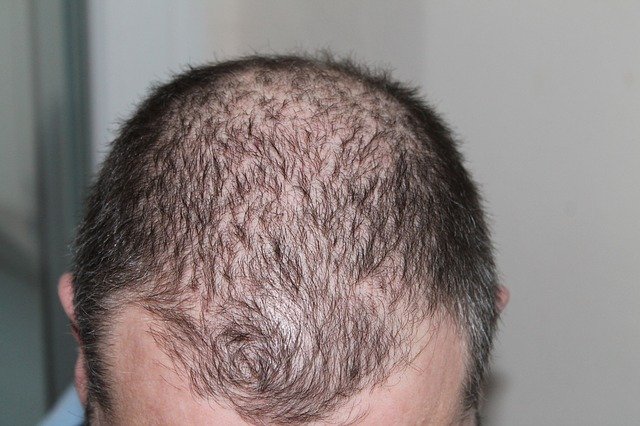
In a recent Northwestern Medicine study, researchers find that men with longer exposure to the drugs finasteride and dutasteride had a higher risk of getting persistent erectile dysfunction than men with less exposure.
In addition, the persistent erectile dysfunction continued despite stopping these drugs, in some cases for months or years.
Finasteride and dutasteride are drugs that are male hormone blockers.
These drugs block the conversion of testosterone to its more active form, 5 alpha dihydrotestosterone.
Finasteride is prescribed to some men with prostate enlargement or baldness. Dutasteride is prescribed to some men with prostate enlargement.
Among young men, prolonged exposure to the drugs posed a greater risk of persistent erectile dysfunction (PED) than all other assessed risk factors.
The study shows that there is a stronger relationship between taking these drugs and having PED than having diabetes, hypertension or smoking, which are other risk factors.
Erectile dysfunction is difficulty achieving and maintaining a sufficient erection to have sex.
Persistent erectile dysfunction continued despite stopping the drug and continued despite taking sildenafil (Viagra) or a similar drug.
Previously, there was no strong evidence that finasteride and dutasteride cause sexual problems that continue after men stop taking them.
There also was no strong evidence that taking these drugs for a long time increases the chance of experiencing sexual problems.
In the study, the team evaluated data from 11,909 men for PED.
Eligible subjects for evaluation for new PED were men 16 to 89 years old with at least one clinical encounter and one diagnosis from January 1992 to September 2013.
They found among the men studied, 167 of 11,909 (1.4 percent) developed persistent erectile dysfunction that continued for a median of 1,348 days after stopping the drugs.
Young men under 42 years old who had more than 205 days of finasteride or dutasteride exposure had 4.9-fold higher risk of persistent erectile dysfunction than men with shorter exposure.
The researchers suggest that men who take finasteride or dutasteride can get persistent erectile dysfunction.
They will not be able to have normal erections for months or years after stopping finasteride or dutasteride.
Prescribers and patients should consider medical management of androgenic alopecia (hair loss) or symptomatic treatment of enlarged prostate.
The lead study author Dr. Steven Belknap.
The study is published in the journal PeerJ.
Copyright © 2018 Knowridge Science Report. All rights reserved.



